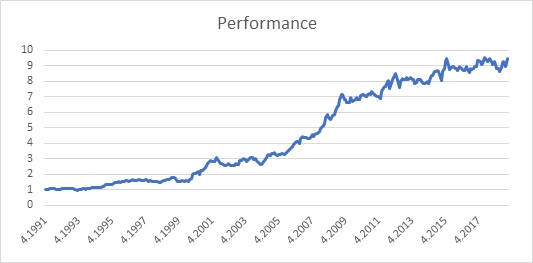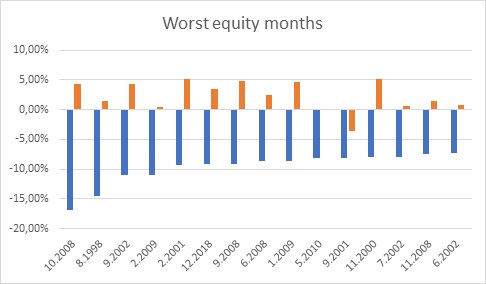Quant’s Look on ESG Investing Strategies
ESG Investing (sometimes called Socially Responsible Investing) is becoming a current trend, and its proponents characterize it as a modern, sustainable, and responsible way of investing. Some people love it, others see it as just another fad that will soon be forgotten. We at Quantpedia have decided to immerse in academic research related to this trend to understand it better. How are ESG scores measured? What are the common problems in ESG data? Are there any systematic ESG factor strategies that offer outperformance? These are some of the areas we wanted to explore, and we invite you on this journey with us …



